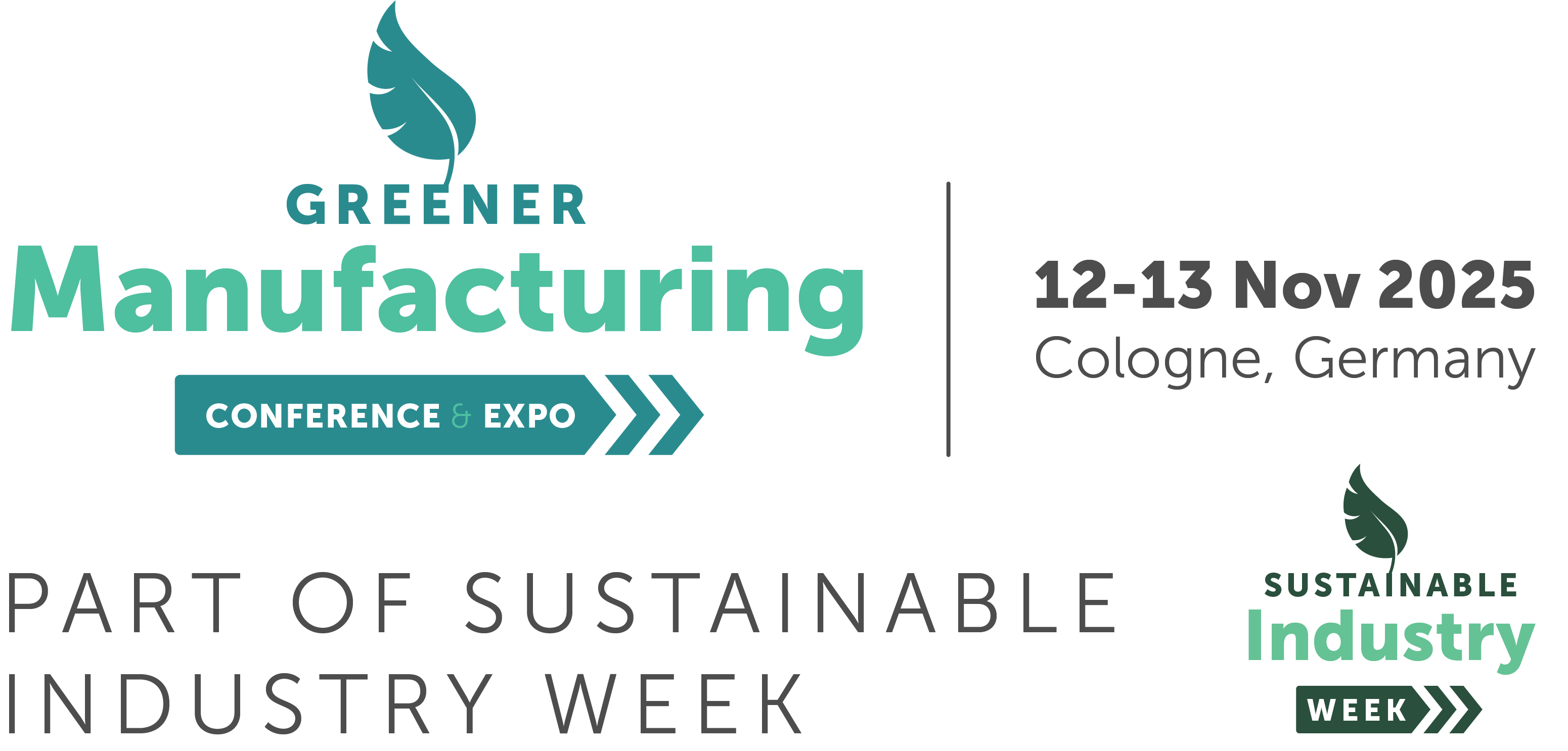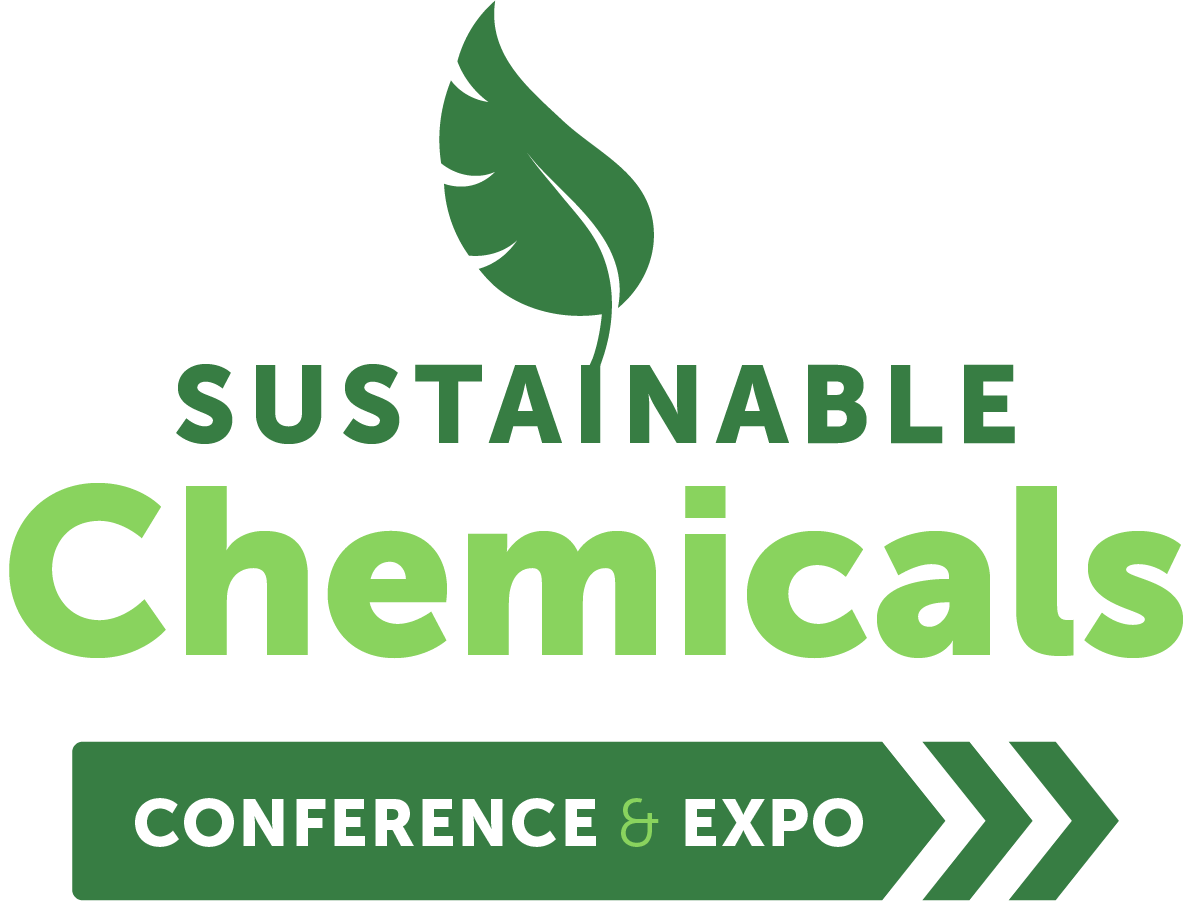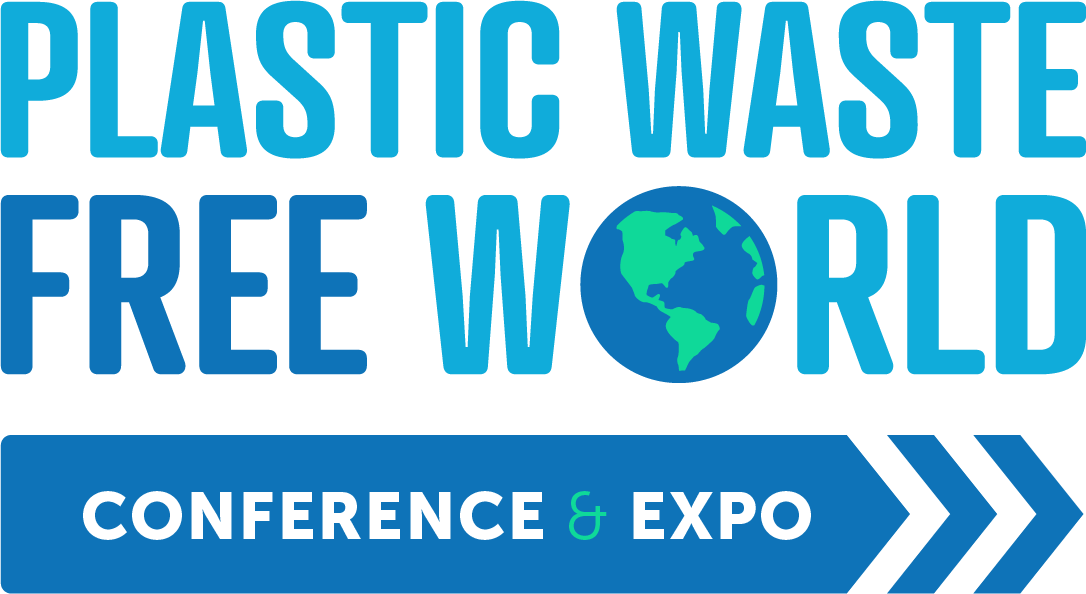A team of researchers have created a new environmentally beneficial catalyst
)
It was recently announced by researchers at Osaka University, that they have discovered a way to create an affordable catalyst which can be used in a significant chemical transformation. This new catalyst will benefit the experiment, the chemical industry, scientists and the environment.
For a while, an issue within the chemical industry has been that when it comes to manufacturing prescription drugs and other chemicals, a rare and costly metal is often used to complete the process. This issue is one that could be fixed through the use of plentiful alternatives, which would be better for the environment, more cost-effective, decrease the risk to supply chain disruptions and would be more sustainable. This is where the Osaka University researchers and their partners come in, as this team have now developed a catalyst which could solve all of these issues. The creation of this catalyst could open up the opportunity for lots of other researchers who are aiming to cut back on their use of costly metals within chemical reactions.
The team’s discovery of the new catalyst began with a simple experiment to determine whether nickel carbide has the same reactions as costly metals within chemical transformations. However, they discovered that inexpensive metals, such as nickel require very specific and difficult settings, such as high pressures and temperatures. After realising that using nickel carbide would not be suitable for chemical transformations, the team ran other tests to identify what kind of other chemical transformations have the potential to occur with the use of this catalyst.
Continuing their search for a replacement for commonly used but costly noble metals, the researchers eventually developed a new kind of catalyst. This material quickly displayed a range of benefits, including having four times the activity of basic nickel nanoparticles. The catalyst’s ability to react and perform were not altered by the use of mild reaction conditions, such as an atmosphere of hydrogen pressure and low temperature of an estimated 150 degrees Celsius. The second benefit is that the catalyst could be reused three times or more, with 99% of these reactions also having high yields.
The creation of this catalyst is an incredible achievement, which brings the chemical industry along a significant way towards making chemical reactions more sustainable. This new sustainability will benefit the manufacturing process of many pharmaceutical products and other more common products. There is also potential for the catalyst to be used in other chemical transformations, as the nickel catalyst is much less expensive compared to a noble metal and the required experimental procedures are straightforward. The researchers hope that their discovery will help the chemical industry and the environment and will also encourage other attempts and successes in reducing the cost of materials used within the chemical industry, through the use of developed alternative materials.





